By_shalini oraon, America News World
October 7, 2025

A shocking incident inside India’s Supreme Court on Monday took an unexpected turn when the accused — a 72 year old lawyer named Rakesh Kishore — claimed that he was “guided by a divine force” to act against Chief Justice of India (CJI) Bhushan R. Gavai. Despite widespread condemnation, Kishore has shown no remorse for his attempt to hurl a shoe at the country’s top judge.
Kishore, who was swiftly restrained by security personnel before his shoe could reach the bench, told Hindustan Times that he had “no regrets” and was ready to face jail time. “It would have been better if I was in jail,” he said, speaking from his residence in Mayur Vihar, a residential area in east Delhi. “My family is very unhappy with what I did. They are unable to understand. But I was guided by a divine force.”
The incident occurred around 11:35 a.m. in Courtroom No. 1, where a full bench led by CJI Gavai was hearing matters. According to witnesses, Kishore stood up suddenly, removed his shoe, and appeared to prepare to throw it toward the Chief Justice before court marshals intervened.
Chief Justice Gavai, known for his calm demeanor, reportedly instructed officials to “just ignore” the episode. He asked that the man be warned and released, preventing any immediate legal action inside the court premises.
‘Divine Force’ and Religious Anger
When contacted later at his home, Kishore made a series of statements that many described as incoherent. He claimed he was acting on divine instructions following what he perceived as an “insult” to Lord Vishnu in a recent court decision.
The case in question involved a plea to restore a beheaded idol of Lord Vishnu at the Javari Temple in Khajuraho, Madhya Pradesh. The CJI-led bench had dismissed the petition, noting that such matters fell within the jurisdiction of the Archaeological Survey of India (ASI), not the Supreme Court.
“I couldn’t sleep after that judgment,” Kishore said. “Every night the almighty was asking me how I could rest after such an insult. I had to act.”
He further claimed that he was angered by remarks made by CJI Gavai during a recent speech in Mauritius, where the Chief Justice said that “India’s legal system operates under the rule of law, not under the rule of bulldozer.” Kishore interpreted the statement as “disrespectful to faith.”
A Fringe Figure in the Legal Fraternity
While Kishore claims to hold a PhD in medical entomology from Banaras Hindu University (BHU) and says he once consulted for the World Health Organization (WHO), members of the legal fraternity described him as a fringe personality with little professional engagement in law.
“He has been a temporary member of the Supreme Court Bar Association (SCBA) since 2011 but barely appeared in any cases,” said Meenesh Dubey, joint secretary of the SCBA. “To qualify as a permanent member, one must appear in at least 20 cases per year for two consecutive years. He never met that threshold.”
Dubey, who met Kishore after the incident, said the 72 years old lawyer “felt no guilt” even when told his act was indefensible. “He said he was right and refused to apologise,” Dubey recounted. “This seemed less about faith and more about seeking attention. It could even be a publicity stunt.”
Family Condemns His Actions
Kishore’s family, meanwhile, has expressed deep embarrassment and frustration over the incident. Although they declined to make any public statement, Kishore admitted that his relatives were “deeply upset” and had distanced themselves from his actions.
“My family is unhappy and they don’t support what I did,” he said. “But I had to do what I was guided to do.”
His family’s disapproval was echoed by members of the Bar Council, who described his conduct as “disgraceful” and “unbecoming of a lawyer.”
Bar Council Suspends Membership
The Bar Council of India (BCI) swiftly responded by suspending Kishore’s membership, effectively barring him from practicing law. In a statement, the Council said such behavior “undermines the dignity of the judiciary and the legal profession.”
Kishore confirmed that he had received the suspension letter but said he accepted the consequences without hesitation. “I am okay with that,” he said. “If the Bar Council believes I am wrong, they can do what they want. I will not apologize.”
No Political Links, Claims Mental Fitness
In his conversation with Hindustan Times, Kishore insisted that he was not affiliated with any political organization or group and claimed to be “mentally fit.” Police officials later verified that he had valid credentials to enter the Supreme Court, including a Bar Council of India card and a temporary SCBA membership.
While no formal charges have yet been filed, police sources said the matter was under review. “Given his age and the Chief Justice’s instruction not to escalate the issue, the matter is being handled with caution,” a senior Delhi Police official said.
Broader Implications
The incident has sparked renewed debate over security protocols inside the Supreme Court, as well as concerns about rising aggression toward judges and public officials in India. Legal experts say the episode, though isolated, underscores the need for tighter entry screening and mental health checks for visitors and lawyers.
“It’s a reminder that even sacred institutions like the Supreme Court are not immune to acts of frustration or fanaticism,” said a senior advocate on condition of anonymity. “The judiciary’s restraint in this case is commendable, but the system needs safeguards to prevent a repeat.”
As the dust settles, the attack on CJI Gavai — and the defiant words of a self-proclaimed man of faith — have once again highlighted the fragile intersection between law, belief, and dissent in India’s public life.
Discover more from AMERICA NEWS WORLD
Subscribe to get the latest posts sent to your email.
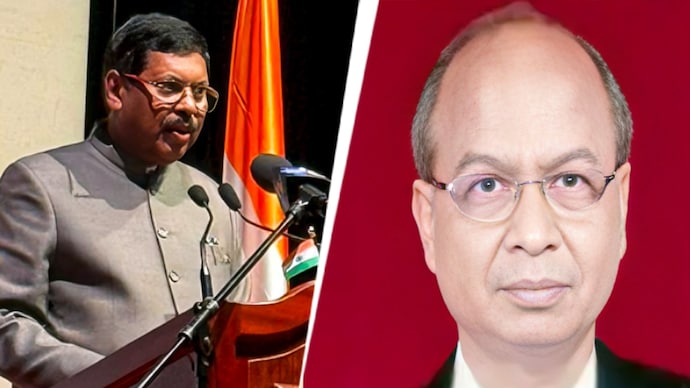


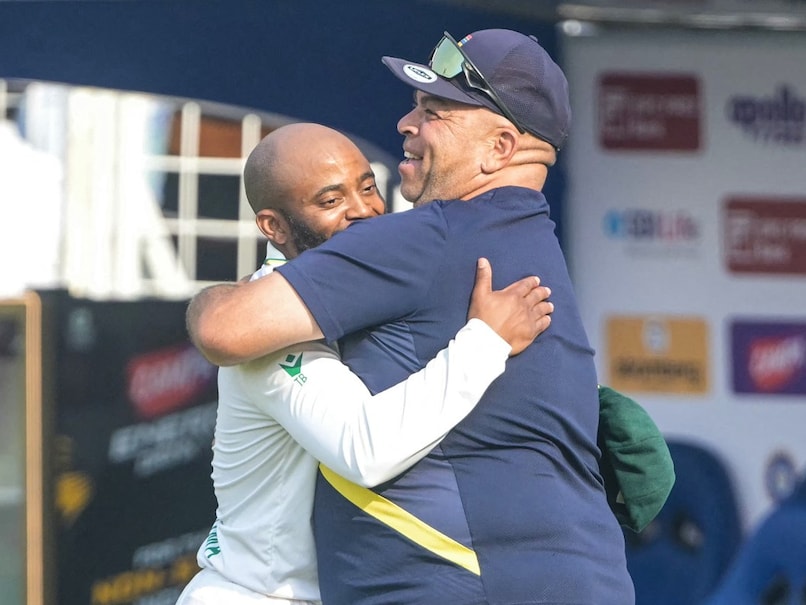

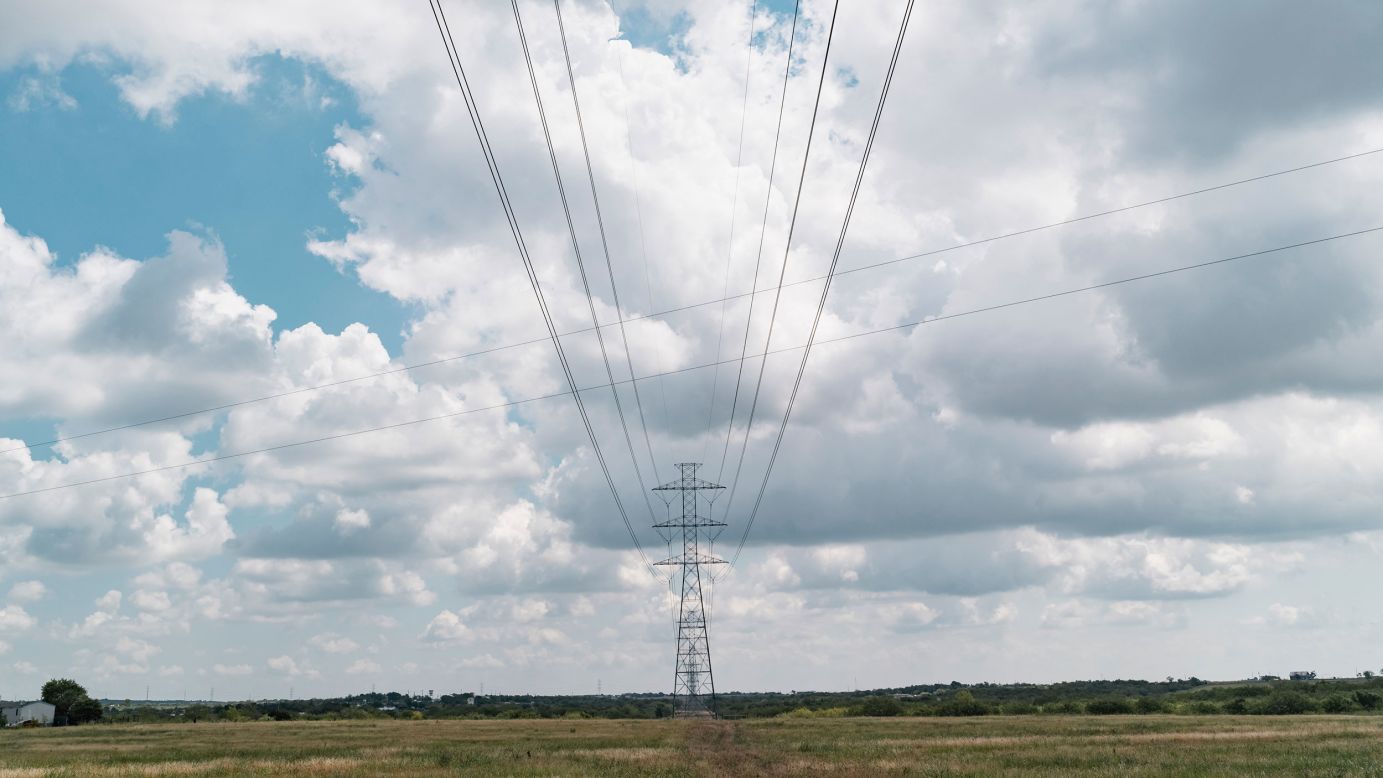

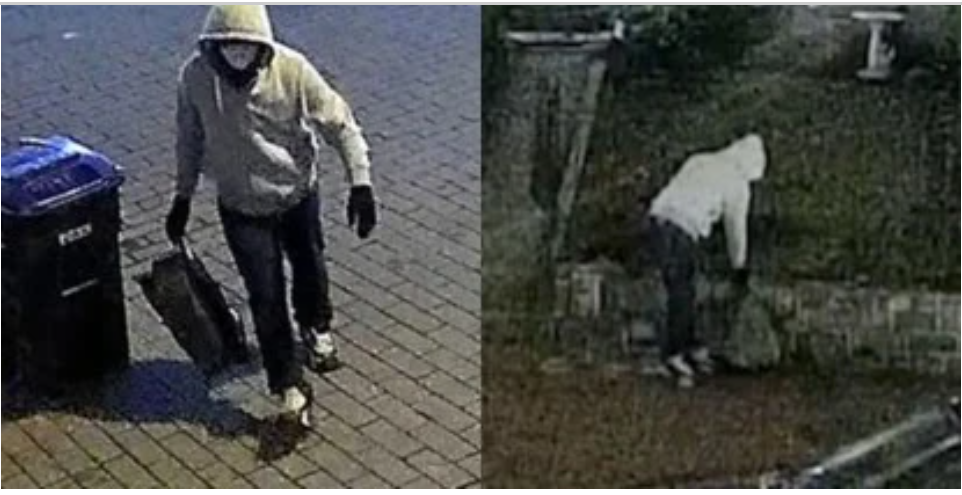




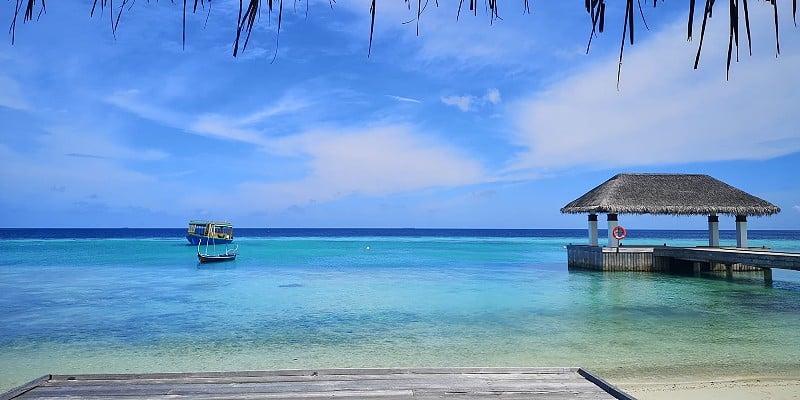





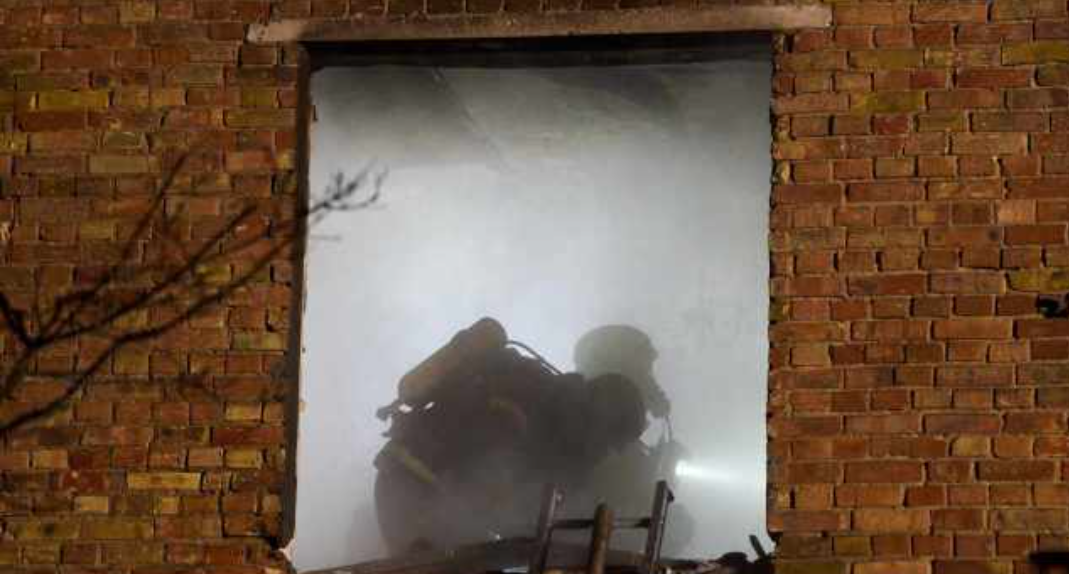
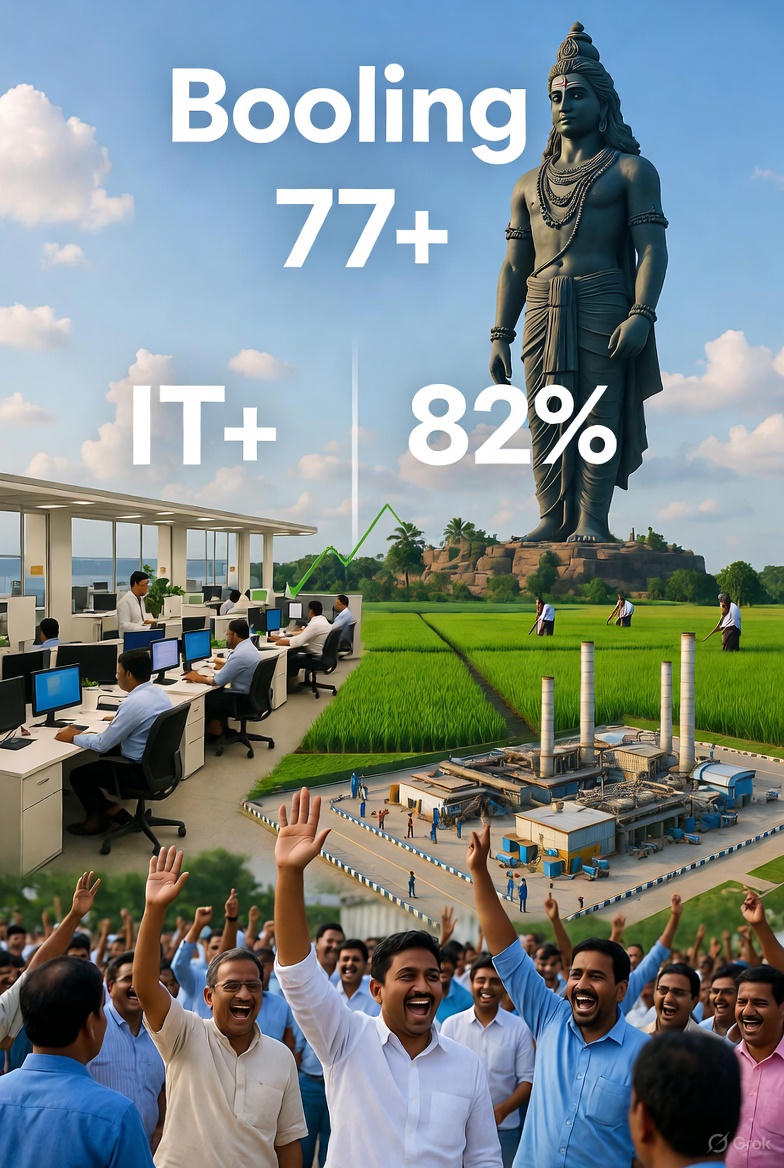






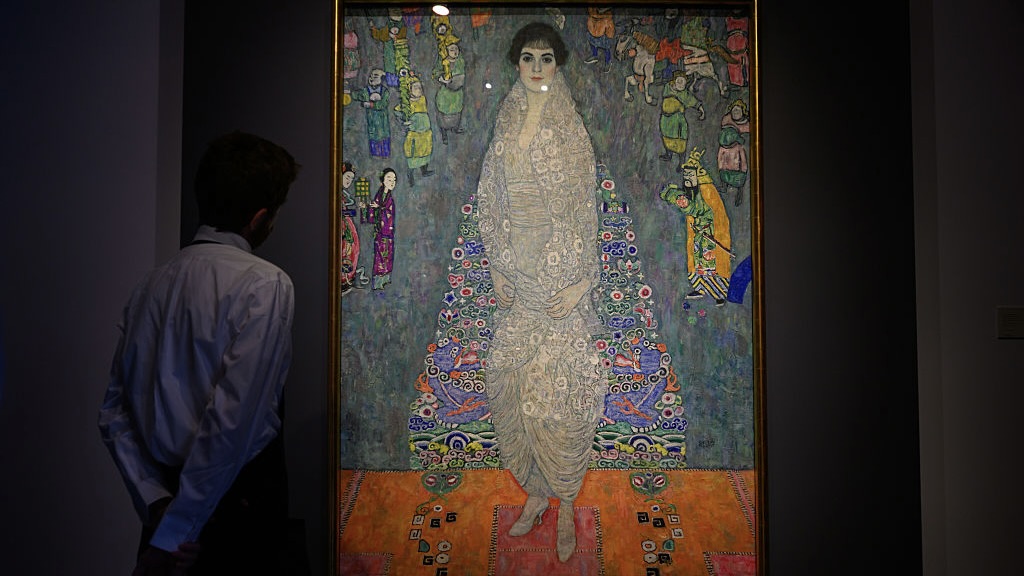




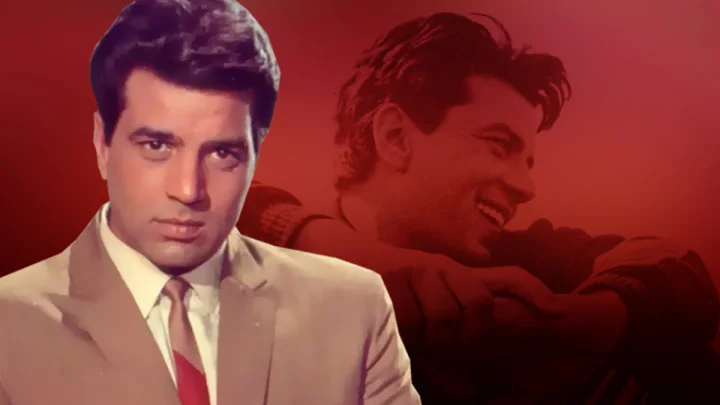

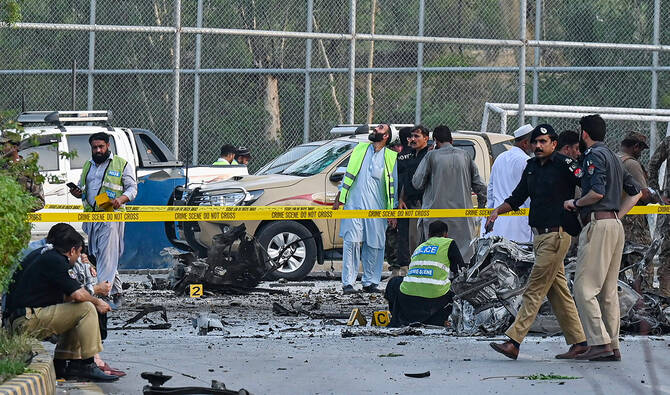



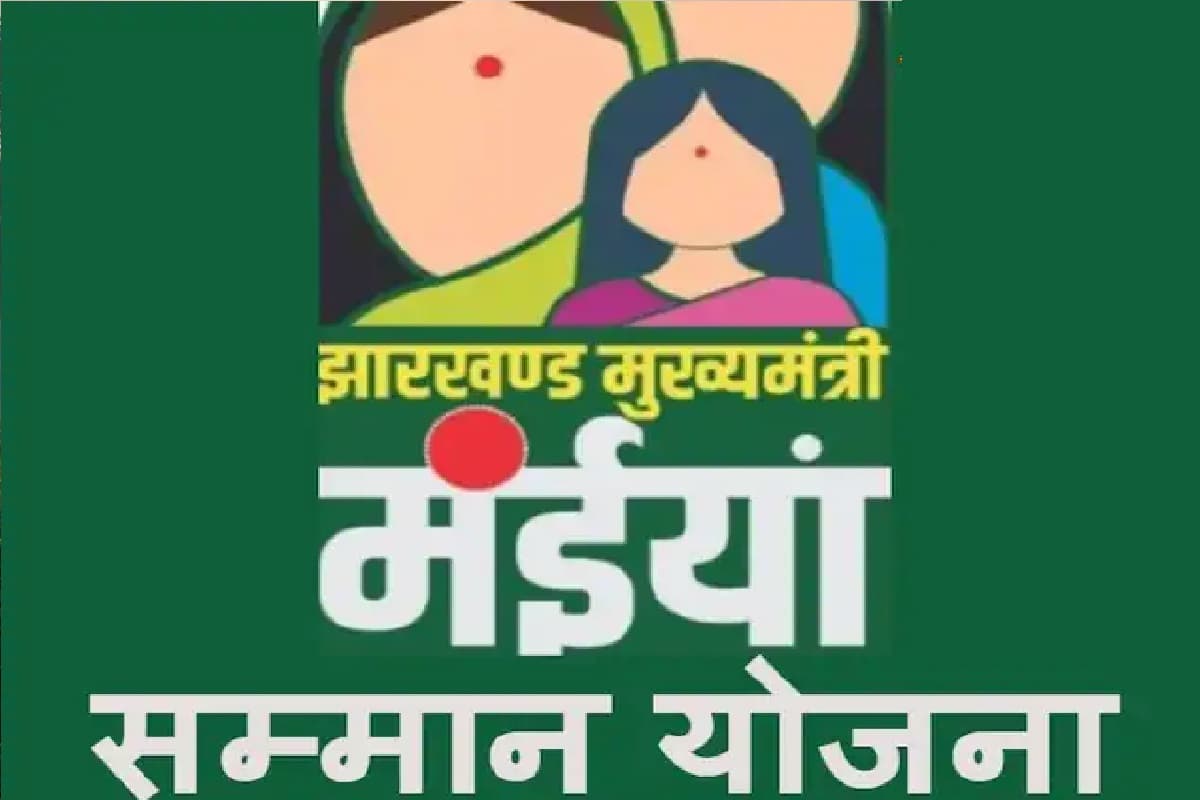

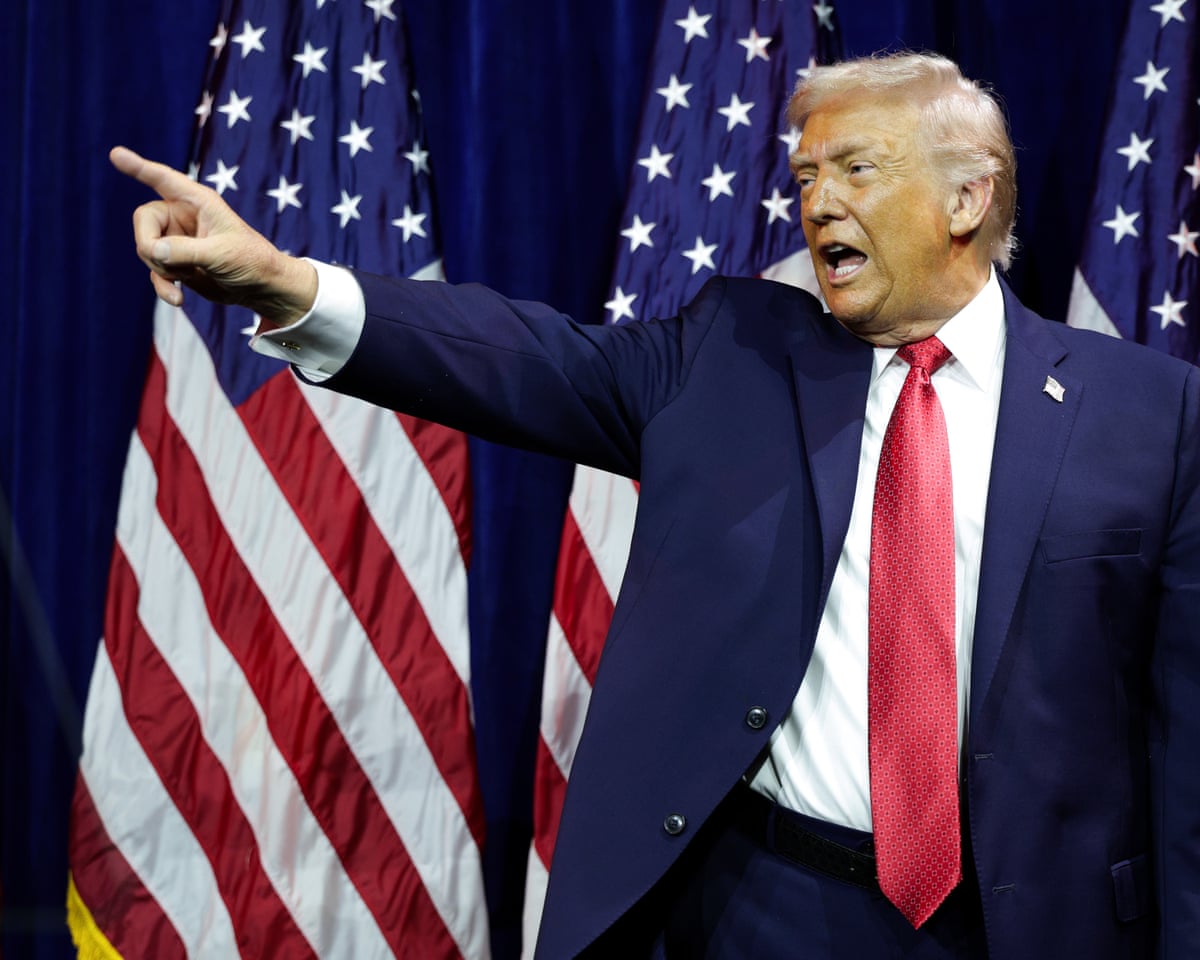
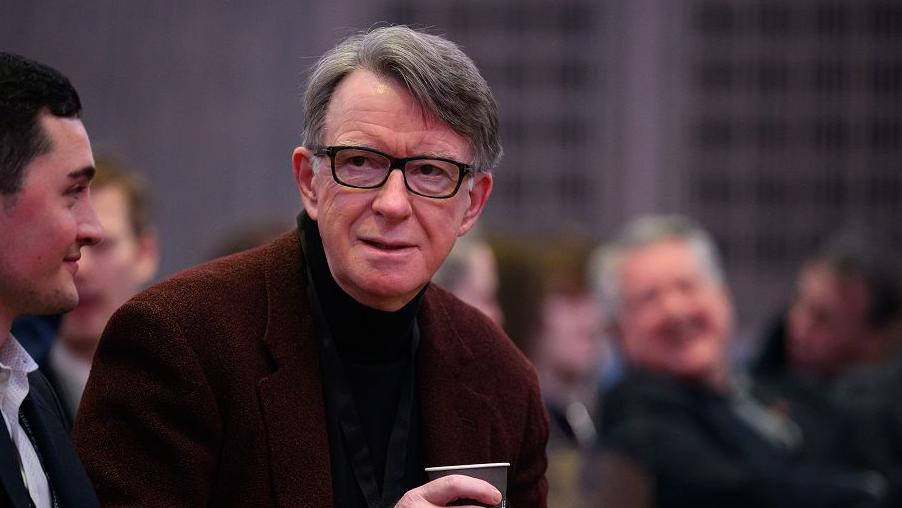
Leave a Reply